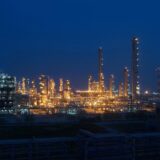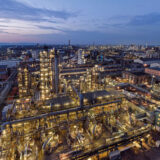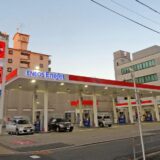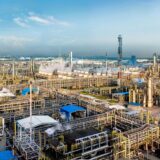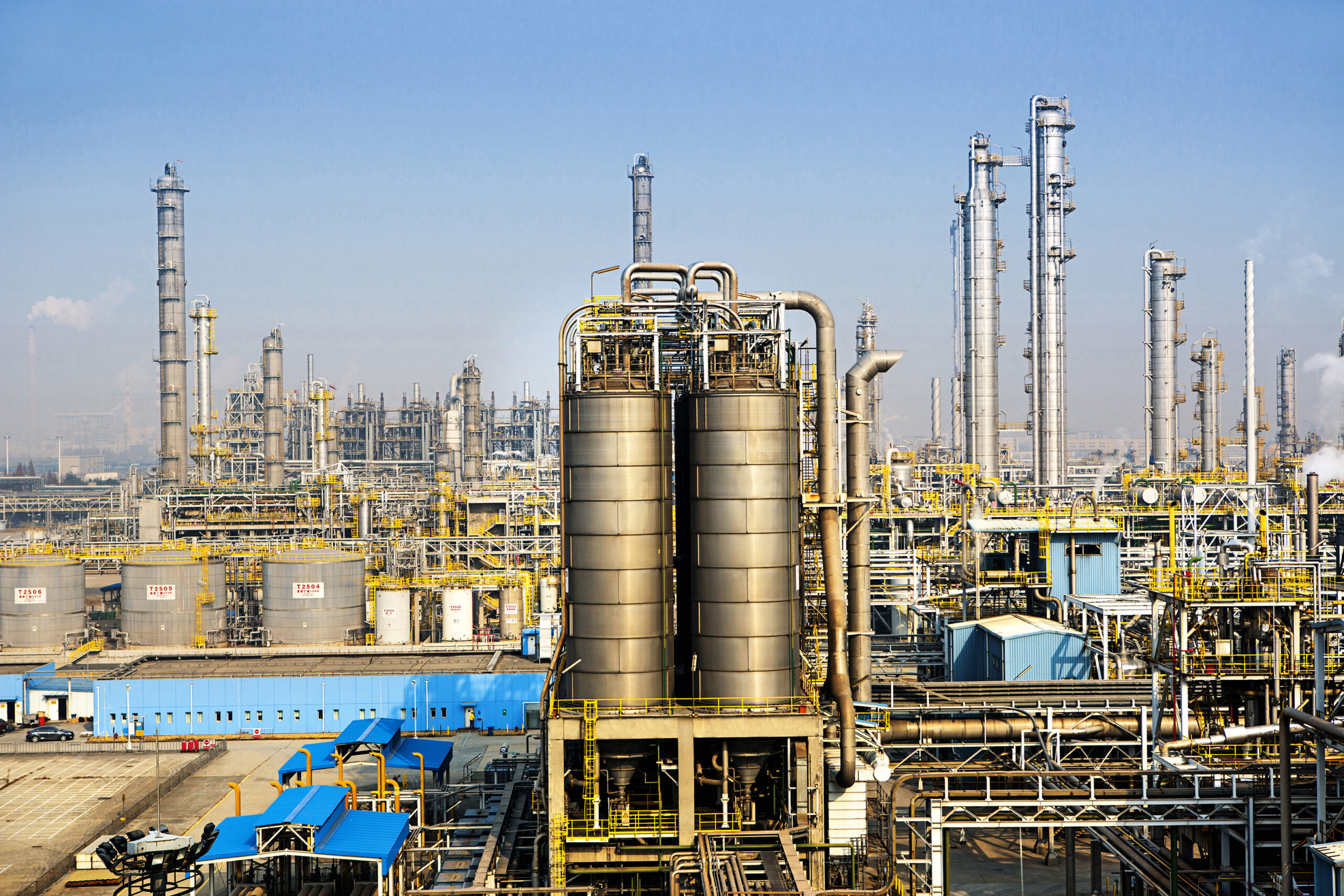
Construction begins on BASF and SINOPEC Verbund chemical plant expansion
On April 28, BASF and SINOPEC broke ground on the expansion of their Verbund site in Nanjing, China, which is operated by BASF-YPC Co. Ltd (BASF-YPC). The project will include the building of a new tert-butyl acrylate plant and capacity expansion of several existing downstream plants. Construction is expected to be completed by the end of 2023 to cope with growing demand from the domestic petrochemical industry.
BASF says the development will employ state of the art technologies as BASF-YPC looks to gain an advantage in the local market. “More importantly, it strongly demonstrates the joint commitments by BASF and SINOPEC to promote sustainable development in China’s chemical industry,” said Dr. Jeffrey Lou, president and chairman Greater China at BASF.
Founded in 2000, with a total investment of approximately US$5.5 billion, BASF-YPC is a 50-50 joint venture between German multinational chemical company, BASF, and the Chinese oil and gas enterprise. “The expansion will enable the company to increase the capacity and portfolio of high-end chemicals, further enhancing the competitiveness of the joint venture,” said Baocai Yu, President of SINOPEC Corp.
The building of a new tert-butyl acrylate plant will address the growing demand from various industries in the Chinese market and is the first time this advanced production technology has been applied outside of Germany. Tert-butyl acrylate (TBA) is an acrylic acid ester for manufacturing polymers and is used as a feedstock for syntheses. The new plant will use the existing acrylic acid and isobutene of Verbund as feedstock.
Expansion of the production capacity at several downstream chemical plants includes propionic acid, a mould inhibitor used in the preservation of food and feed grains, and propionic aldehyde, an intermediate mainly used in the manufacture of pharmaceuticals, insecticides, fragrances and plastics. Production capacity of the intermediates ethyleneamines and ethanolamines will also increase, which are used in the manufacture of a variety of chemical products including surfactants for personal and home care products, lubricants and cement additives. The raw material, purified ethylene oxide, is often used in synthesis processes of chemical industry, and will also see increased capacity.






